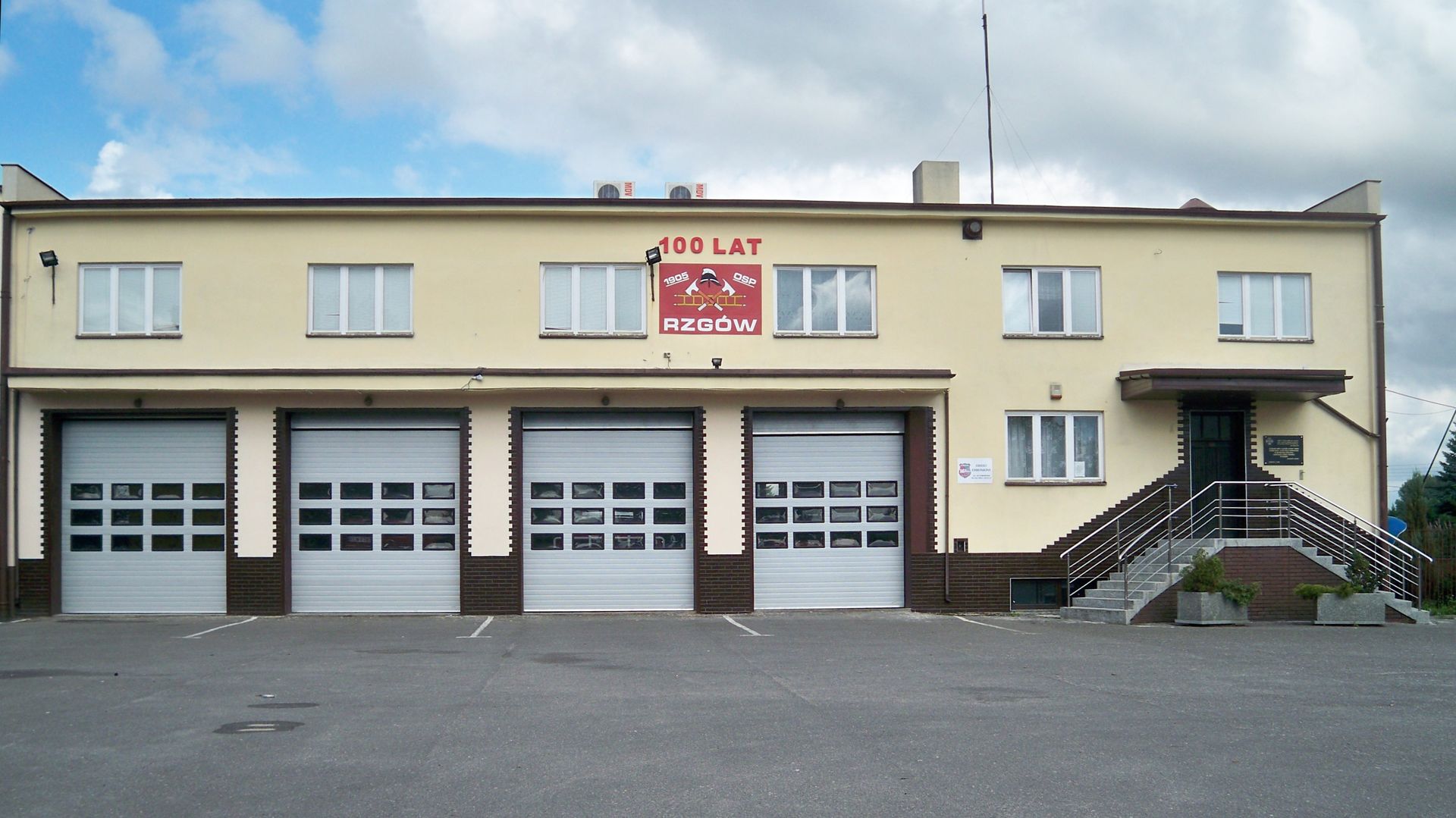Rzgów
6.24

Overview
Rzgów is a town in Poland, located in the Łódź Voivodeship, within the eastern Łódź County, on the Ner River. It is part of the Łódź metropolitan area. Historically, in the late 16th century, Rzgów was a clerical town owned by the Kraków Cathedral Chapter. The town first received its municipal rights in 1467, and again in 1502, but lost its town status in 1870, which was restored in 2006. Rzgów is characterized by its late Renaissance parish church of St. Stanislaus, built around 1630, and other historical buildings listed in the municipal register of monuments. The town is situated on the border of two historical regions – the Sieradz Land and the Łęczyca Land. Rzgów is known for having the largest clothing and textile trading center in Europe – the Ptak Fashion City. The town also values cultural aspects, as it is a member of the International Cittaslow Association, which promotes a slower pace of life. In the 19th century, the town experienced a series of fires that led to a shift towards brick architecture. During World War II, Rzgów was incorporated into the Third Reich, and after the war, it returned to Poland, developing significantly in the 1990s, mainly due to trade. Today, the town has a well-developed road infrastructure, with expressways and national roads, as well as public transportation that expanded with new bus lines after the tram service was discontinued. Educational institutions in Rzgów include the Municipal Kindergarten and the Jan Długosz Primary School. The town is home to the football club "Zawisza Rzgów" and the Municipal Center for Sports, Tourism, and Recreation. Interestingly, Rzgów is the birthplace of notable figures, such as Teofil Władysław Belina Brzozowski – a physician and social activist, and Tadeusz Makiewicz – a historian. The town combines a rich history, dynamic development, and valuable traditions, making it an interesting place on the map of Poland.
Location
2026 Wizytor | All Rights Reserved